IDTechEx: future of the electric ship industry lies with hybrid cargo vessels
Green Car Congress
AUGUST 4, 2023
However, the recent climate of uncertainty and inflation arising from the pandemic and the Russia-Ukraine war has had a negative impact on new-build contracts, including on ship-types targeted for electrification. IDTechEx concludes that the future of the electric ship industry lies with hybrid cargo vessels. The potential is huge.

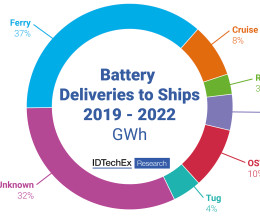
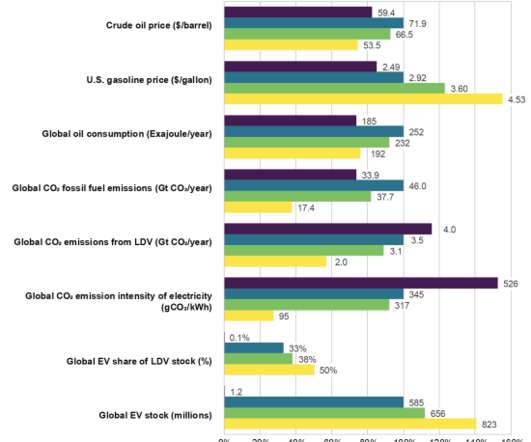



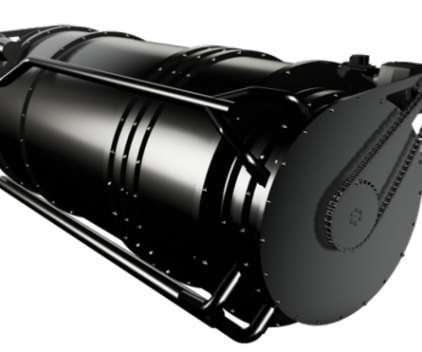






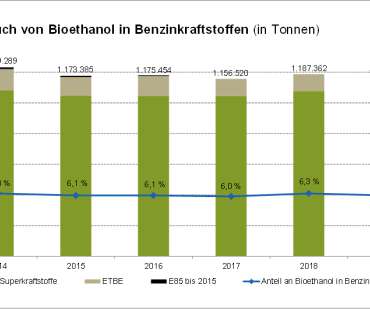






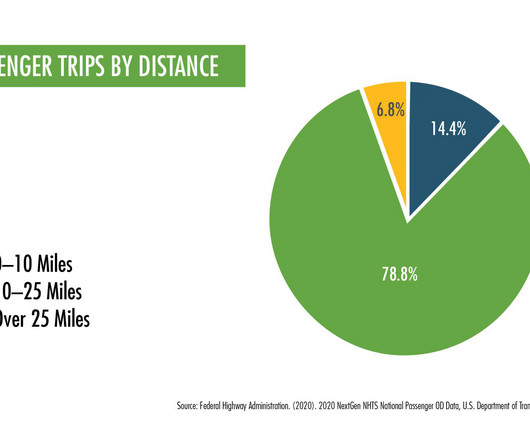
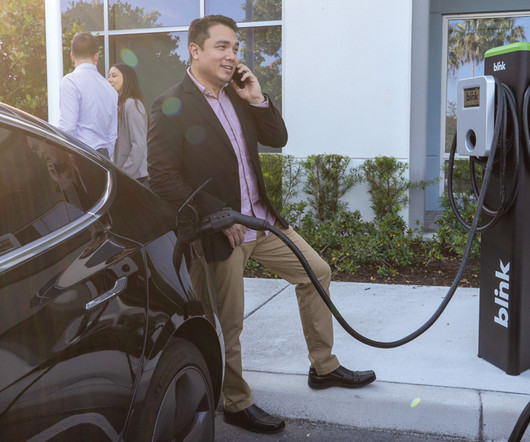

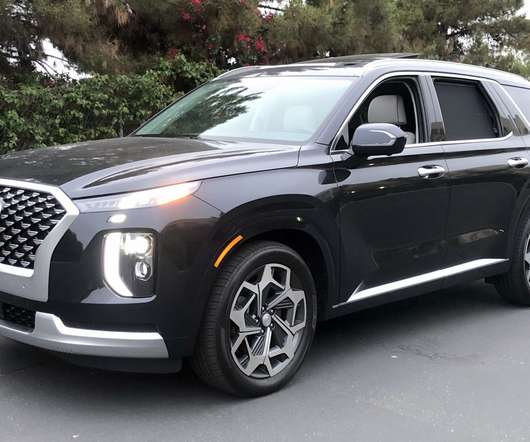





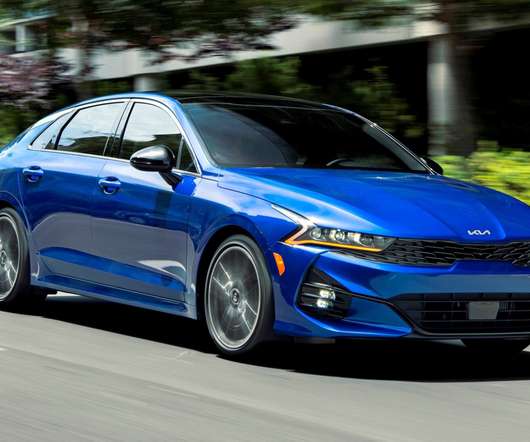

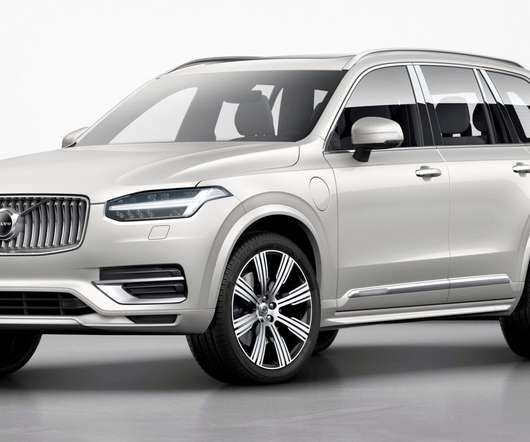

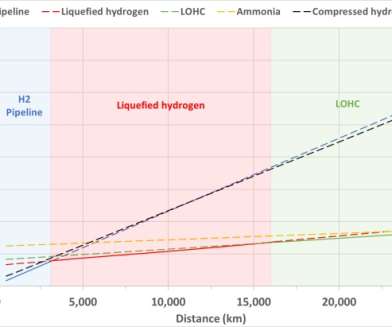
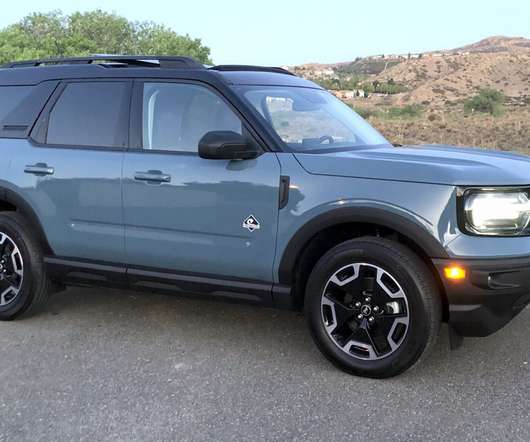







Let's personalize your content